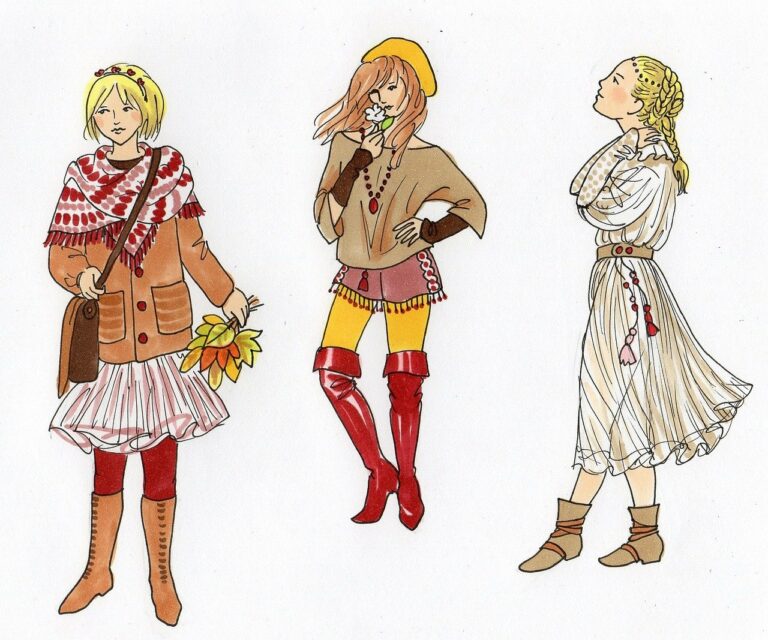Fashion and Responsible Fashion Consumption: Encouraging Mindful Shopping Habits and Conscious Consumerism
Responsible fashion consumption plays a crucial role in fostering sustainability within the fashion industry. By making conscious choices about the clothes we buy and wear, we can reduce the environmental and social impacts of our fashion habits. This means considering factors such as the materials used, the production processes involved, and the working conditions of garment workers.
Choosing to support ethical and sustainable fashion brands can drive positive change in the industry as a whole. By opting for clothing that is produced in an environmentally friendly manner and under fair working conditions, consumers can help promote transparency and accountability among fashion companies. This shift towards responsible fashion consumption can ultimately lead to a more sustainable future for both the planet and the people involved in the production of clothing.
The Impact of Fast Fashion on the Environment
Fast fashion has undeniably taken a toll on the environment due to its high production volumes and quick turnover. The constant demand for new styles has led to massive amounts of clothing being produced, resulting in increased carbon emissions and water pollution. Additionally, the use of synthetic materials in fast fashion garments further exacerbates the environmental impact, as these materials are not biodegradable and contribute to the growing issue of textile waste.
Moreover, the fast fashion industry is notorious for its poor waste management practices and the disposal of unsold or unwanted clothing. This leads to an alarming amount of textiles ending up in landfills, where they can take hundreds of years to decompose. The environmental consequences of fast fashion highlight the urgent need for consumers to shift towards more sustainable and ethical clothing choices in order to lessen the industry’s negative impact on our planet.
How to Identify Ethically Made Clothing
When looking to identify ethically made clothing, one key factor to consider is the transparency of the brand. Ethical fashion brands are usually open about their production process, materials used, and labor practices. By checking a brand’s website or asking in-store staff about their sourcing and manufacturing methods, you can gain insight into their commitment to ethical practices.
Another way to identify ethically made clothing is to look for certifications and labels. Several organizations provide certifications to brands that meet certain ethical and sustainable criteria, such as Fair Trade Certified, Global Organic Textile Standard (GOTS), and Certified B Corporation. When a clothing item carries these labels, it signifies that the brand has undergone rigorous assessments and complies with specific ethical standards in their production chain.
Why is responsible fashion consumption important?
Responsible fashion consumption is important because it helps reduce the negative impact of the fashion industry on the environment and workers. By choosing ethically made clothing, you are supporting sustainable practices and fair working conditions.
What is the impact of fast fashion on the environment?
Fast fashion has a significant negative impact on the environment due to its high levels of water consumption, pollution, and waste generation. The use of synthetic materials and harmful chemicals in production also contributes to environmental degradation.
How can I identify ethically made clothing?
You can identify ethically made clothing by looking for certifications from organizations like Fair Trade or the Global Organic Textile Standard (GOTS). You can also research the brand’s production practices, including where and how their clothing is made. Additionally, sustainable materials like organic cotton and recycled fibers are often used in ethically made clothing.






